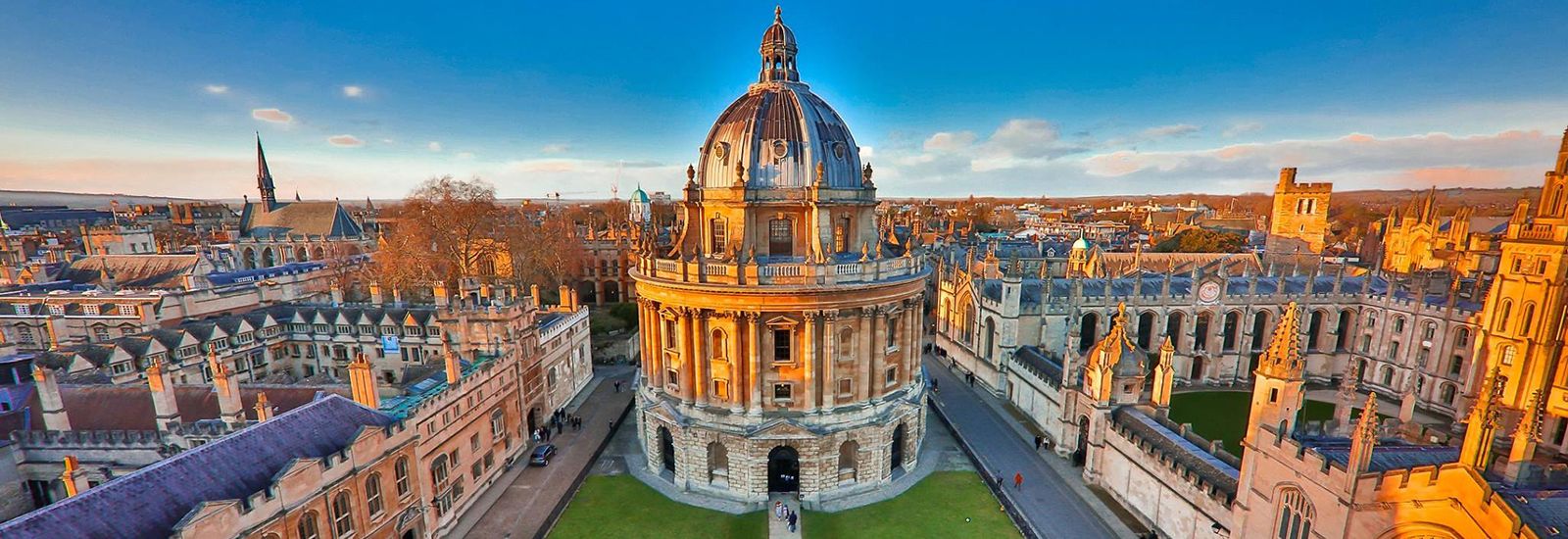The University of Oxford: A Timeless Institution of Learning and Innovation
The University of Oxford, often simply referred to as Oxford, is one of the most prestigious and oldest universities in the world. Located in Oxford, England, this esteemed institution boasts a rich history, a diverse array of academic programs, and a vibrant community of scholars and students. This article delves into the history, structure, academic excellence, cultural impact, and modern relevance of the University of Oxford.
Historical Background
The University of Oxford’s origins are somewhat obscure, but it is known to have been functioning as a learning institution by the late 12th century. The exact date of its founding remains uncertain, yet evidence points to some form of teaching existing in Oxford as early as 1096. The university gained significant momentum in 1167 when King Henry II banned English students from attending the University of Paris, leading to an influx of scholars to Oxford.
By the 13th century, Oxford had established itself as a center of learning, with the formation of the first colleges: University College (1249), Balliol College (1263), and Merton College (1264). These colleges, still operational today, were founded to support the academic and residential life of students. Over the centuries, Oxford continued to grow, adding more colleges and expanding its curriculum.
Structure and Colleges
Oxford’s structure is unique compared to many other universities. It comprises a central university and 39 autonomous colleges, alongside six Permanent Private Halls. The colleges are responsible for the accommodation and social activities of their students, as well as tutorial teaching, while the central university oversees departments, faculties, research centers, libraries, and museums.
Each college operates independently, with its own internal structure, administration, and financial resources. Students typically belong to a college, where they receive personalized tutorials and participate in college-specific events. This collegiate system fosters a strong sense of community and allows for a more personalized educational experience.
Academic Excellence
Oxford is renowned for its rigorous academic programs and high standards of excellence. It offers a wide range of undergraduate and postgraduate courses across various disciplines, including humanities, sciences, social sciences, and professional fields such as law and medicine. The tutorial system is a distinctive feature of Oxford’s pedagogy, where students engage in one-on-one or small group sessions with tutors, fostering deep understanding and critical thinking.
The university is home to numerous research institutes and centers that contribute to groundbreaking work in fields such as medical sciences, physics, and global development. Oxford’s research output is substantial, with scholars regularly publishing in top-tier journals and contributing to advancements that have global impacts.
Oxford’s reputation is further bolstered by its faculty, which includes numerous Nobel laureates, Fields Medalists, and other distinguished scholars. The university’s libraries, particularly the Bodleian Library, are some of the oldest and most extensive in the world, providing invaluable resources for research and learning.
Cultural and Social Impact
Beyond academics, Oxford has a profound cultural and social influence. The city of Oxford itself is steeped in history, with stunning architecture, cobblestone streets, and landmarks such as the Radcliffe Camera and the Sheldonian Theatre. The university’s cultural contributions are significant, with numerous museums, including the Ashmolean Museum, the oldest public museum in the UK, and the Museum of Natural History.
Oxford has also produced a remarkable number of influential alumni who have made significant contributions to various fields. This includes a multitude of British prime ministers, such as Margaret Thatcher and Tony Blair, as well as global leaders like Indira Gandhi and Bill Clinton. In literature, Oxford’s influence is equally profound, with alumni such as J.R.R. Tolkien, Oscar Wilde, and more recently, authors like Philip Pullman.
The university also plays a role in popular culture, often being featured in films and literature. The Harry Potter series famously used many of Oxford’s locations for its magical settings, contributing to the university’s iconic status.
Modern Relevance and Challenges
Today, the University of Oxford continues to adapt and evolve, addressing contemporary challenges while maintaining its traditions. The university has made significant strides in areas such as digital learning, sustainability, and global outreach. Initiatives like the Oxford Martin School are dedicated to tackling global issues such as climate change, pandemics, and technological transformation.
Oxford is also committed to broadening access to higher education. Programs aimed at increasing diversity and inclusion among its student body have been implemented, though challenges remain. The university strives to balance its historical prestige with a modern, inclusive outlook, ensuring it remains a global leader in education and research.
Conclusion
The University of Oxford stands as a beacon of academic excellence, historical richness, and cultural significance. Its unique collegiate system, combined with a commitment to research and learning, creates an environment where students and scholars can thrive. As Oxford navigates the complexities of the 21st century, it continues to honor its storied past while forging a path toward a dynamic and inclusive future. The impact of Oxford on the world stage, through its alumni, research, and cultural contributions, underscores its enduring legacy as a premier institution of higher learning.



